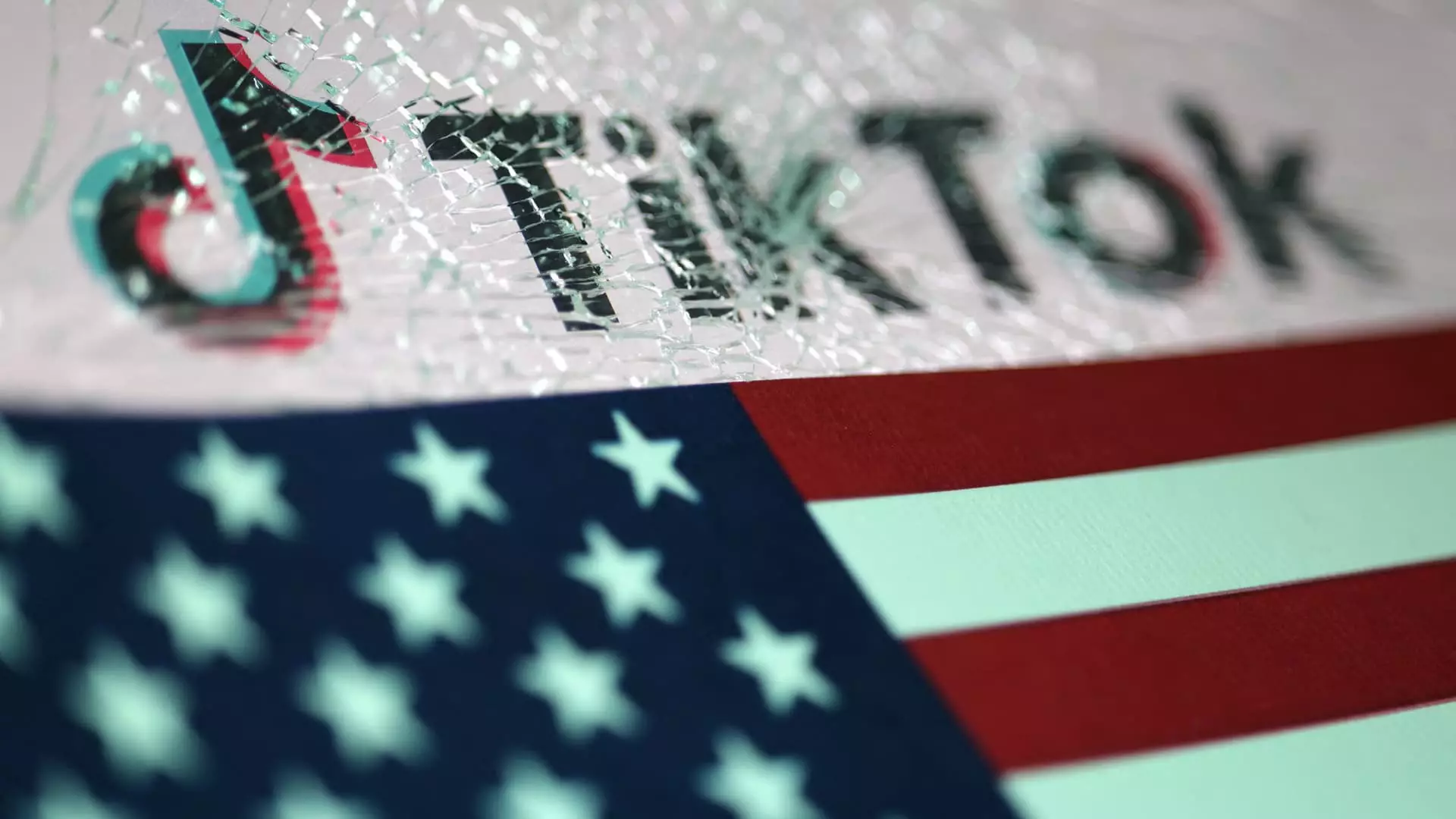In recent months, TikTok has become a focal point of political debate in the United States. Following the heightened tensions between the U.S. and China, the app’s ownership by the Chinese company ByteDance has raised significant national security concerns. As the executive order proposed by President Donald Trump loomed, American users found themselves at a crossroads, grappling with the implications of a potential ban on a platform that has garnered a massive following.
On a Sunday morning, Trump announced his intent to sign an executive order that would delay a federal ban on TikTok, a move that speculated to provide relief for its millions of American users. This announcement came just as TikTok faced imminent restrictions, with the deadline for compliance hitting that very weekend. As the standoff unfolded, TikTok expressed gratitude towards the President for his intervention, which the company argued resulted in a stand for free speech amid claims of arbitrary censorship.
Through their statements, TikTok attempted to establish a narrative that highlighted its importance to American small businesses and everyday users—over 170 million people in total. This appeal not only positioned TikTok as an integral component of the modern digital landscape but also suggested a broader commitment to remain a viable entity in the country. However, the uncertain future of TikTok raised questions about the sincerity behind these corporate assurances.
The legal backdrop to TikTok’s precarious status is riddled with complexities. The Supreme Court’s recent ruling upheld the impending ban aimed at penalizing third-party support for the app. Consequently, major tech companies like Apple and Google faced the difficult decision of whether to continue hosting TikTok’s services amidst these legal uncertainties. Such dynamics reveal a far-reaching impact, extending beyond TikTok alone to resonate with industries reliant on cross-border digital interactions.
Despite attempts by TikTok to restore full access to its platform, with some users reportedly able to bypass the blackout, the overarching legal framework continued to cast a pall over its operations. Notably, while Trump considered a joint venture to ensure a U.S. stake in TikTok, ByteDance remained steadfast, showing no inclination to divest.
This unfolding saga speaks to larger questions about the governance of social media platforms, particularly those with foreign ownership. As the implications of a potential ban rippled through social media environments, users expressed widespread concern for free expression and digital rights. The event could serve as a significant case study for future tech policy, highlighting the balancing act necessary between safeguarding national interests and ensuring platforms remain accessible.
As discussions about TikTok’s future progress, both governmental and corporate stakeholders must navigate the complex interplay of regulation, user satisfaction, and geopolitical tension. The app’s story represents not just a battle for survival in a competitive digital space but also a reflection of broader societal values around freedom of expression, innovation, and international relations.
TikTok currently stands at a critical juncture. While President Trump’s executive order provided a temporary reprieve, questions remain about its long-term viability in the U.S. As talks of potential ownership changes surface, the situation continues to evolve. Whether TikTok can effectively negotiate its future amid political tensions and legal challenges remains to be seen, but its story is emblematic of the precarious nature of global digital platforms in today’s world.


Leave a Reply
You must be logged in to post a comment.